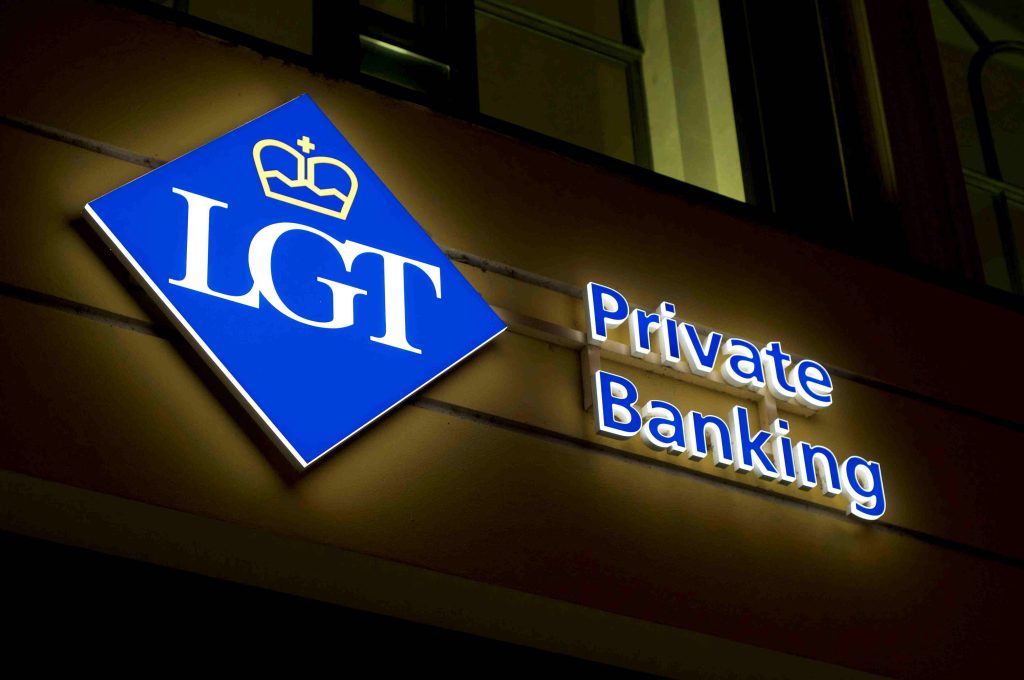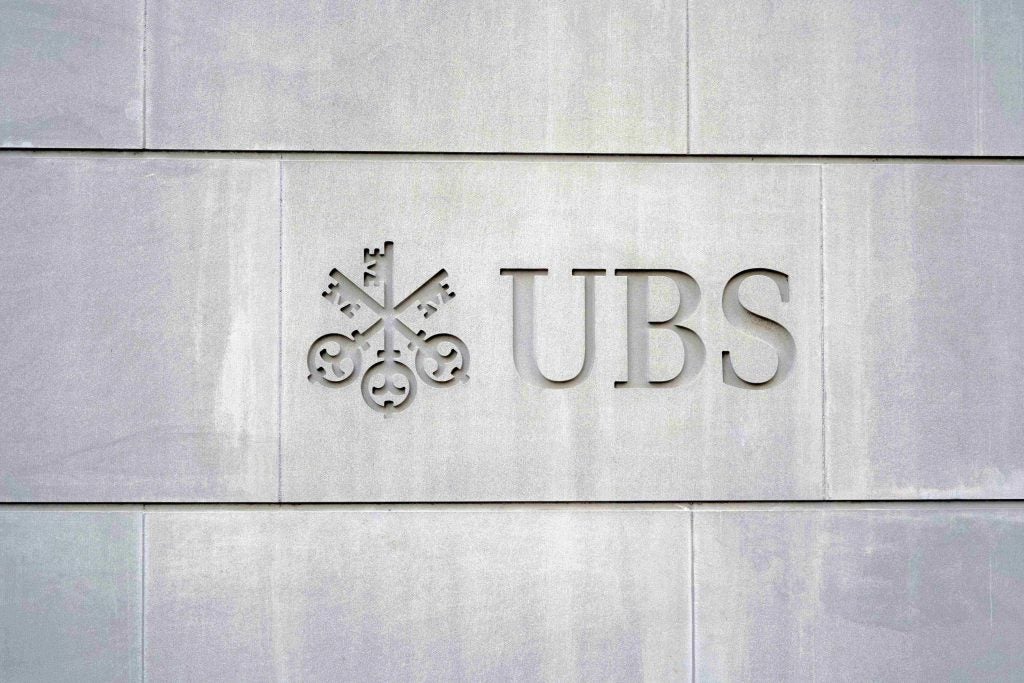
Criminals stole £1.17bn through unauthorised and authorised fraud in 2023. That represents a 4% decrease compared to 2022. UK banks prevented a further £1.25bn of unauthorised fraud through advanced security systems.
The report reveals that 76% of APP fraud started online and 16% started through telecommunications networks.
UK Finance says that the financial services sector is at the forefront of efforts to protect customers from fraud. It partners with other sectors, government and law enforcement to prevent and disrupt criminal activity and bring perpetrators to justice.
Ben Donaldson, MD of Economic Crime at UK Finance, said: “Nearly £1.2bn was stolen from customers in 2023. The criminals who commit these crimes destroy lives and damage our society. Stolen money funds serious organised crime and victims often suffer emotional damage as fraud is a pernicious and manipulative crime.
“Financial services remains at the forefront of efforts to protect customers, prevent fraud and support those who fall victim. With reimbursement rules set to change we risk even more money getting into criminal hands. [That is] unless the technology and telecommunication sectors take action to stop fraud that proliferates on their platforms and networks.”
Unauthorised fraud losses
Losses due to unauthorised transactions across payment cards, remote banking and cheques drops by 3% y-o-y to £708.7m. The total number of recorded cases was 2.7 million, down 2% from 2022.
Contributing to the overall fall in payment card fraud losses is a 9% fall in remote purchase losses. That is the fifth consecutive year of declines in this fraud space. The roll-out of Strong Customer Authentication over the past two years helps reduce this fraud by verifying the customer’s identity.
How well do you really know your competitors?
Access the most comprehensive Company Profiles on the market, powered by GlobalData. Save hours of research. Gain competitive edge.

Thank you!
Your download email will arrive shortly
Not ready to buy yet? Download a free sample
We are confident about the unique quality of our Company Profiles. However, we want you to make the most beneficial decision for your business, so we offer a free sample that you can download by submitting the below form
By GlobalDataCard ID theft increases again this year, with losses up 53% to £79.1m. There is a 7% increase in the amount of unauthorised fraud prevented, to £1.25bn.
Victims of unauthorised fraud cases such as these are legally protected against losses. UK Finance research indicates that customers are fully refunded in more than 98% of unauthorised fraud cases.
Authorised Push Payment fraud losses
Authorised push payment (APP) fraud losses of £459.7m is down 5% compared to last year. This comprises £376.4m of personal losses and £83.3m of business losses.
The total number of APP cases is up 12% to 232,429. The main driver behind this is purchase scams, where people are tricked into paying for goods that never materialise. The total number of these cases rises 34% to over 156,000. The amount lost rises 28% to £85.9m making it the highest loss and case total ever recorded. Purchase scams account for 67% of the total number of APP cases.
Romance scams also hit a record high in terms of losses and cases, up 17% to £36.5m and 14% respectively.
The number of fraud cases where criminals impersonate a bank or the police and convince someone to transfer money to a “safe account” falls by 37%. The amount lost to this type of fraud drops by 28%. Significant investment has been made to warn consumers that a bank will never ask someone to transfer money this way.
In total £287.3m of APP losses was returned to victims in 2023 or 62% of the total loss. This is up from 59% in 2022.
Authorised Push Payment fraud losses continue to be driven by the abuse of online platforms and telecommunications.
Fighting AI with AI is paramount
Pedro Barata, Chief Product Officer at Feedzai, sponsors of the report, said: “Scam mitigation has never been more important. Although it’s promising that there’s been a slight decrease in the amount stolen through fraud compared to last year, there’s clearly more that can be done to protect consumers.
“Behavioural biometrics, device analysis and transactional data and profiling can stop fraud early and with minimum impact on the user. That is proven by the fact that banks were able to prevent a further £1.2bn being stolen. We must collaborate and work together as an industry to ensure maximum protection for the end customer is in place. This is even more pertinent with laws around reimbursement changing. Stopping criminal activity in its tracks, shutting down fraudsters and beating them by fighting AI with AI is paramount.”
UK Finance annual fraud report-industry reaction
KPMG UK
Ignatius Adjei, UK Financial Services Head of Anti-Fraud Services, KPMG UK said: “Over the past year, banks have seen a continued uptick in innovative digital tactics used by fraudsters. AI, in particular, is starting to make it harder for consumers to identify when fraud is happening. For example, AI-generated images and deep fake video technology are being used as part of romance and ‘get rich quick’ investment scams to persuade people to part with their money. Mobile banking fraud has also soared. Fraudsters are taking advantage of the growing number of people enjoying the convenience of banking apps.
“Whether or not the actual number of crimes committed changes, there will probably be an increase in reported fraud. This is due to new APP fraud reimbursement rules by the Payments Systems Regulator. This is encouraging more victims to report, as currently, according to the National Crime Agency, 86% of fraud goes undocumented.”
Cifas: the UK’s largest not-for-profit fraud prevention service
Mike Haley, CEO of Cifas, said: “As the UK Finance report shows, fraud levels in the UK, while down from an unprecedented high during the pandemic, remain vast. This crime devastates individuals personally and financially. It fuels wider crime such as people trafficking, drug dealing, and human slavery. Nobody is untouched by this problem, and we need decisive action to tackle this.
“Everyone throughout the fraud community knows that more needs to be done to tackle the complexity of this crime and create better defences – something our next-generation reforms, the ‘Cifas Fraud Pledges’, addresses. Not only are we calling for political leadership, but a ring-fenced policing budget, robust victim support, a modernised criminal justice system, and a requirement for social media and online platforms to join the multi-sector response to fraud.
“Cross-sector data and intelligence sharing, as the UK Finance Annual Fraud Report recognises, is essential. At Cifas, we continue to work with partners in the public and private sectors to ensure that criminals are unable to exploit the silos in the system. Only by breaking down these silos and working collaboratively across industries can we collectively protect individuals and businesses from the devastation that fraud creates.”
Fiserv
Andrew Foulds, Director, Global Clearing Solutions, Product Management, EMEA, Fiserv, added: “Fraudsters are becoming more sophisticated in their tactics, targeting the most vulnerable point in the transaction process: the payer. The 4% decline in fraud losses reported by UK Finance is a positive sign for consumers and financial institutions alike. And more can be done to stay ahead of fraudsters. With real-time payments on the rise, there’s a pressing need to intercept fraud and money laundering before funds are settled.
Although there is no silver bullet solution for financial institutions to eliminate fraud, a well-considered AML and fraud strategy that encompass activity across the payment chain is key. Collaboration and co-operation must be part of the solution, alongside real-time fraud detection processes that utilise capabilities like machine learning. Ultimately, innovation is crucial to prevent and intercept fraud as fraudsters evolve their tactics over time.”







